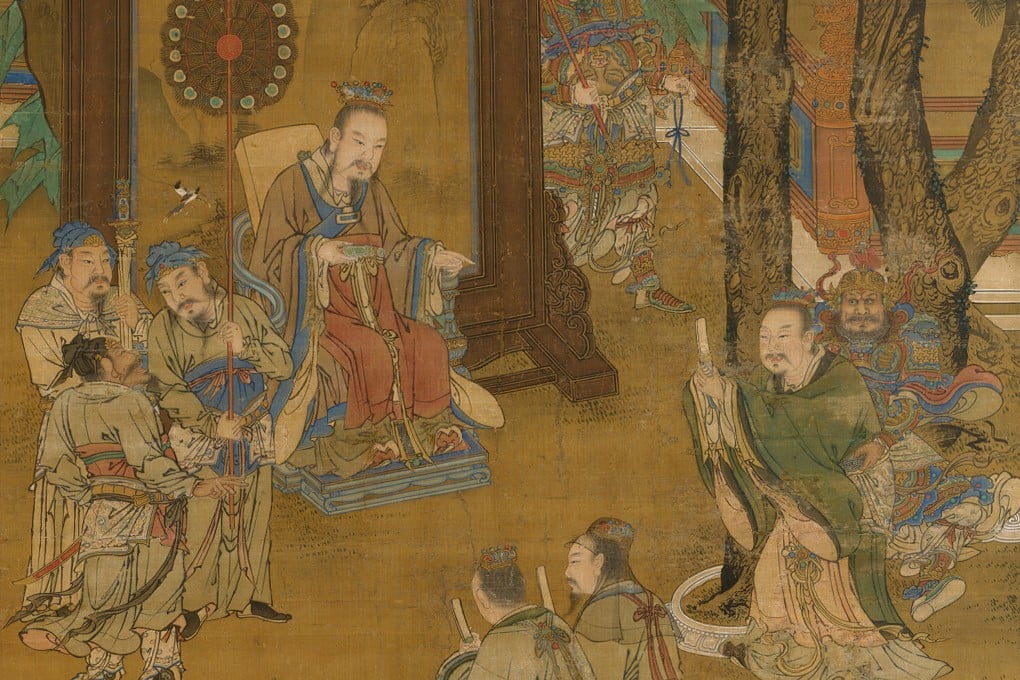Reflections | ‘Work from home’ for Chinese emperors wasn’t as fun as you might think: a Qing dynasty ruler’s day
- A typical day for a Qing emperor began with predawn ablutions, followed by morning lessons, greeting his mother and finally breakfast – all before 7am
- Post-lunch hours were easier, when could he pursue hobbies such as reading, painting or writing bad poetry, before summoning a consort to ‘ready him for bed’

For many people who have had to work from home, the main difficulty is keeping to a schedule conducive to productive work. Those with a predilection for strict daily routines will have no problem with unsupervised WFH arrangements. For others, whose natures are given to procrastination, the struggle is real.
The Chinese emperors of old also worked from “home”. While their homes were literally palatial, offering material comforts most of us cannot even begin to imagine, their daily lives weren’t really much fun.
Young or old, Qing emperors spent their early mornings learning or engaging in tutorials with the greatest scholars and best brains in the realm, who had to get out of bed even earlier to reach the palace on time.
After hitting the books for a couple of hours, and if the empress dowager was still living, the emperor would go to her compound in the palace to greet his mother or stepmother before he had breakfast.
